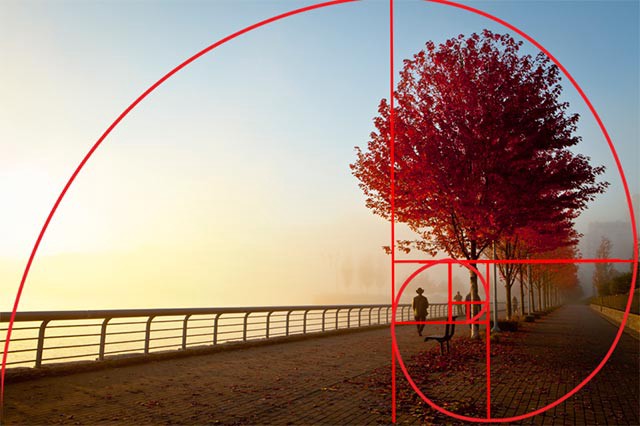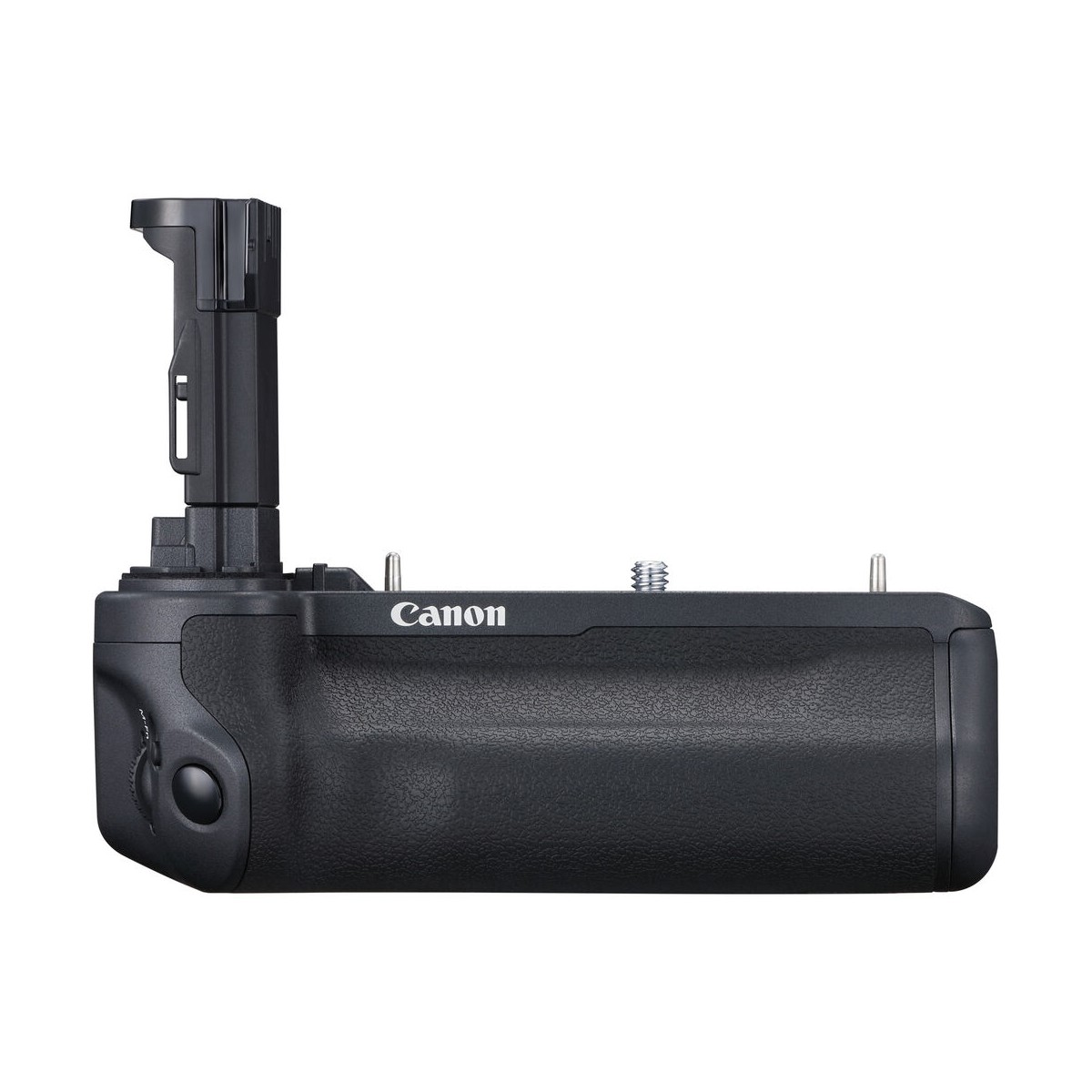
Olympus has a long tradition of innovation in digital cameras. Olympus is a pioneer in interchangeable mirrorless lens cameras. Their products are now called the OM System. These cameras were still intended for image and/or video photography, even though their names have changed.
Olympus E-M5 Mark III camera is a great choice for anyone looking for a quality, yet affordable, camera that can meet all your travel needs. It comes with a faster processor, enhanced image stabilization, and a more sensitive sensor. Plus, it's a small and lightweight mirrorless camera. It is smaller than its predecessor, E-M1 Mark II. The new AI system makes it more compact. You can also shoot 4K video with the E-M5 Mark III.
The E-M1 Mark II camera is an excellent option for photographers who don’t have the budget for full-size cameras. The E-M1 Mark II features a 20MP sensor with a newly designed AF system. It is faster and provides more autofocus. It also features 4K video and image stabilization at 7.5 stops. Additionally, the processor has been updated and there is a builtin grip.

Although the E-M1 Mark III Professional Camera is the best for general practice photography, there's many other cameras that are better. There is even a dedicated camera for vlogging. The E-M1 Mark III is also available at a lower price than other mirrorless cameras. This camera may not be right for you if you are just starting out. This camera is worth considering if your goal is to become a professional photographer or general practitioner.
Olympus cameras are built to last. The cameras are powered by alkaline batteries which can last up to 60 shots. There are also rechargeable versions. A rechargeable battery that contains nickel metal hydride is the best.
Olympus is also a leader in live view technology. With its E-20, the company introduced a live view that's now standard in DSLR tech. Although the live view was initially a low resolution screen, it quickly became a groundbreaking piece of technology.
Olympus’ OMD series is a modern digital interpretation of the OM series. The OM–D series was jointly developed with Panasonic. It includes a large variety of cameras that are designed to meet the demands of professional photographers. A wide range of lenses is also available, including a super-small Telephoto. OM D is also well-known for its intuitive button layout and builtin electronic viewfinder.

Whether you're interested in a small, compact camera or an extremely lightweight telephoto, the OM-D series is a popular choice for many photographers. This line also features Action Track Sensors. These sensors detect movement and adjust the exposure accordingly. This feature is very useful when shooting low light.
Some of the Olympus PEN cameras are designed for social photographers, such as the E-PL9. Olympus E-PL9 will appeal to those who are more concerned about the size of the camera. There are many options to suit all shooters. The PEN line is a great choice for casual and social shooters who don’t have the budget.
FAQ
Is digital photography hard?
Digital Photography is not as easy as you think. It takes time to master the tools. You must know the right settings for different types shots. It is best to practice what you have learned. Practice makes perfect.
What camera should I get?
It all depends on your goals and what type of photographer you are. If you're just getting started, a basic point and click camera will suffice.
However, once the basics are mastered, it's likely that you will want more advanced features. The decision is yours.
These are some things you should consider before buying a camera.
-
Features: What features are you looking for? Will you use manual settings or autofocus? What number of megapixels has your camera? Is there one?
-
Price: How much are you willing and able to spend on your camera? Are you planning on upgrading your camera every two years?
-
Brand: Will you be happy with the brand you select? There's no reason why you should settle for less than the best.
-
Functionality: Does your camera perform well in low light conditions? Can you take high-resolution photos?
-
Image Quality: How clear are your images and how sharp are they?
-
Battery Life: How long does your camera last between charges.
-
Accessories: Do you have the ability to attach flashes, additional lenses, and so forth? ?
Is photography a talent?
Photography is not a skill, but an art form. This requires years of practice, training, and experiences. The art of photography requires years of practice and dedication to mastery.
You need to plan how you will make money in photography.
To do this, you need to understand what kind of clients you want to attract and find ways to reach them.
It is important to understand who your customers are and what their needs are. You must learn to communicate clearly and persuasively to persuade them to buy your services.
This means you need to be prepared and well-organized when meeting potential clients.
A portfolio of your work is essential in order to be able to approach potential clients. This can be done digitally through software programs or printed on to paper.
After creating a portfolio you should look for opportunities to present it. This could include advertising online or directly approaching businesses.
Cameras for Sale
There are many places online that you can purchase cameras. B&H Photo Video is a well-respected retailer. They have knowledgeable staff who can answer all your questions.
B&H ships fast and securely so it is easy to have your order delivered at your doorstep.
Check out this video to learn more about purchasing cameras.
Statistics
- Get 40% off Adobe Creative Cloud(opens in new tab) (creativebloq.com)
- This article received 13 testimonials, and 100% of readers who voted found it helpful, earning it our reader-approved status. (wikihow.com)
- By March 2014, about 3 million were purchased monthly, about 30 percent of the peak sales total. (en.wikipedia.org)
- While I cannot prove that all of those spots were not sensor dust, the photo was taken during a heavy snowstorm…so I guess that 99.8% of the spots are snowflakes. (bhphotovideo.com)
External Links
How To
How to Take Pictures of Yourself
Portraits are important because it shows who you really are. They are also a way to tell your stories. Although you may have an old favorite photo of you, now you want to create something new. It's easy not to remember how much fun photographing can be. These are some tips that will help you get started.
-
You need to have enough lighting. Photographing portraits in the early morning or later in the afternoon is the best time. Make sure you don't have direct sunlight shining on your face if you are using flash. This will blur any details. Also, avoid shooting at midday. There will be too much shadow.
-
Use a tripod. If you are holding the camera still, there will be no movement. The camera will not freeze the action. Also, if you do plan on using a flash, prepare your shot without it. You can then turn the flash off and try again.
-
Close-ups are best. Closeups are great for showing detail. They can also look fake if they aren't done well. Pay close attention to people's eyes and noses. Notice anything unusual? Is it possible that someone is wearing glasses? Are there freckles on her nose? These things add depth to a person's appearance.
-
Don't force smiles. Smiles can be difficult. People smile when they feel happy. But some people don't. You can't force smiles, because it looks forced. Take a moment to think about what makes us laugh. You might find something silly, like a cat leaping through a hoops. Perhaps you simply love watching paint dry. Whatever it is, think about it until you find yourself laughing.
-
Be creative. People are often afraid of being boring. Being boring isn't necessarily bad. Find ways to get out of the normal. Ask someone to pose behind their back with his hands in front. Or you might suggest having him wear a funny hat.
-
Keep practicing. You will improve your ability to capture moments if you keep practicing every day. As you improve, you will be able to see more interesting events around you.
-
Have fun. You should have fun taking photos. You'll be more inclined to return to the same process if you enjoy it. Plus, you'll probably end up with some really cool shots.
-
Please share your work. When you are confident in taking good photos, please share them with your family. Explain to them why you took that picture. Show them where it was. Let them know what your experience was.
-
Be patient. Sometimes, it's just not possible to click. It happens to all of us. Don't worry. Keep moving on to another image.